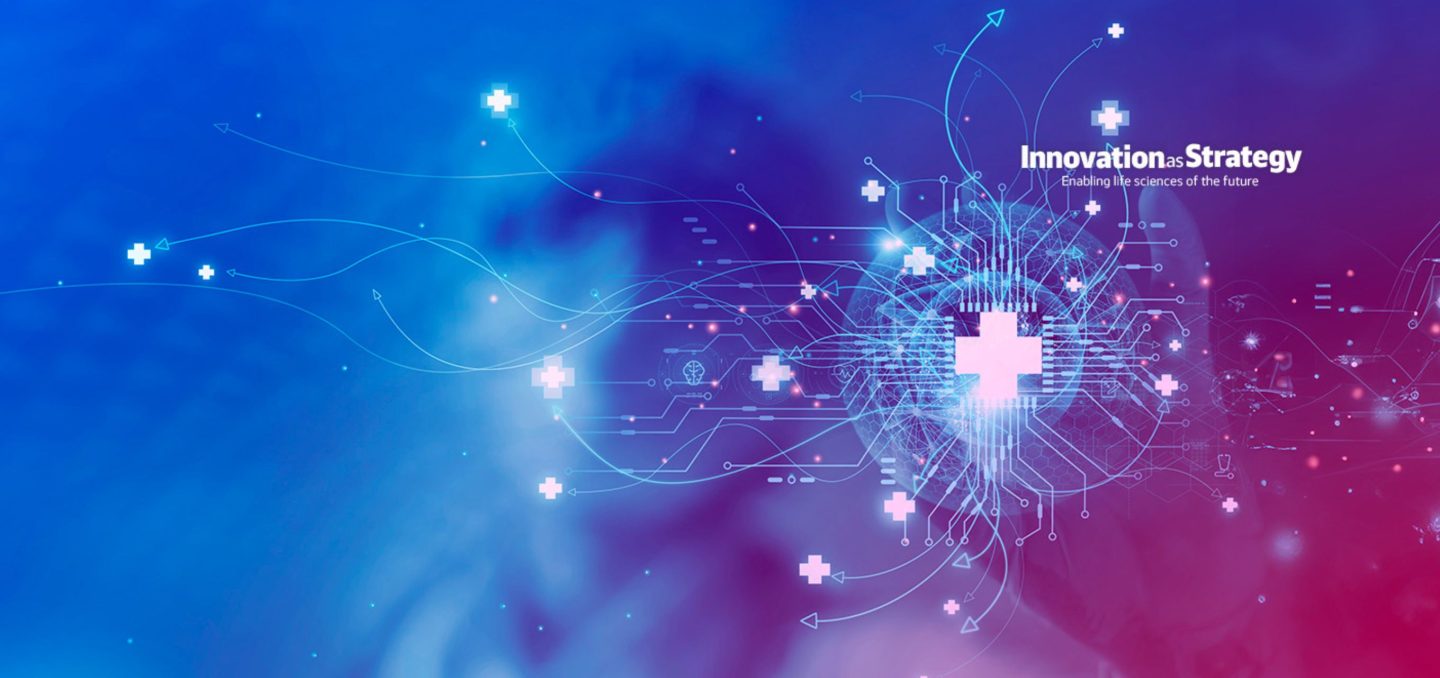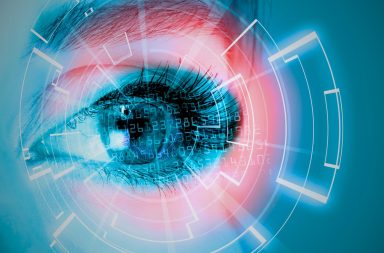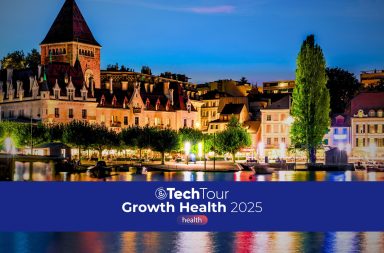As the healthcare industry rapidly transforms, collaboration and knowledge sharing among healthcare professionals (HCPs) are vital for delivering optimal care for patients.
The traditional hierarchical model of healthcare has given way to a more dynamic and peer-to-peer approach, where HCPs engage in collaborative decision-making and scientific exchange.
Advances in medical science, evolving treatment modalities, and an explosion of healthcare information (which I referred to in my last article as an ‘infodemic’) have created a dynamic environment enabling healthcare providers to stay updated with the latest medical advancements, and enhance their overall professional development.
Digital solutions have emerged as indispensable tools for fostering peer-to-peer dynamics and have become catalysts for revolutionizing how HCPs interact and share knowledge in this dynamic environment. The following are examples of digital solutions Medical Affairs can play a pivotal role in facilitating and shaping:
Virtual and Hybrid Event Platforms
Medical Affairs teams can leverage hybrid platforms, like Frontiers Health, to bring together global experts, thought leaders, and practitioners to discuss the latest research, treatments, and medical advancements. Virtual events (in particular) provide a cost-effective and efficient way for professionals to share their knowledge, ask questions, and engage in meaningful discussions without the constraints of geographical boundaries. Moreover, the availability of on-demand recordings allows HCPs to access valuable content at their convenience, fostering continuous learning and peer-to-peer interactions beyond the live event. These platforms not only provide user-centric benefits to HCPs but help field forces better understand what the next conversation with their customers should be.
Peer-to-Peer Online Communities
The rise of online communities dedicated to various medical specialties has created a digital space for HCPs to connect, collaborate, and seek advice from their peers. Medical Affairs teams can actively participate in these communities by providing accurate and up-to-date information, sharing research findings, and engaging in discussions. By doing so, they not only establish themselves as reliable sources of information, building trust within the industry, but also encourage peer-to-peer interactions among HCPs.
Medical Apps and Mobile Platforms
Medical apps and platforms designed for HCPs are becoming increasingly popular. These offer a wide range of functionalities, from clinical decision support and drug information to medical calculators and educational resources. Medical Affairs can partner with app developers to ensure the inclusion of evidence-based content and facilitate peer-to-peer interactions within these applications. For example, HCPs can use medical apps to share challenging cases, seek second opinions, and discuss treatment options with their peers. Such platforms promote collaboration, enhance clinical decision-making, and strengthen the overall healthcare ecosystem.
Social Media and Professional Networks
Social media platforms like Twitter and LinkedIn have become valuable tools for HCPs to connect with colleagues, stay updated on the latest medical news, and engage in discussions. Medical Affairs teams can establish a strong online presence by sharing scientific content, organising live chats with experts, and participating in relevant healthcare #hashtags. Furthermore, professional networks like Doximity and Sermo, to name a few, provide specialized spaces for HCPs to connect with peers in their respective fields. These platforms facilitate knowledge exchange, foster collaboration, and enable Medical Affairs to build relationships with key opinion leaders.
Telemedicine and Virtual Consultations
The adoption of telemedicine has surged in recent years (especially during the COVID-19 pandemic), with the likes of Teledoc, Amwell, and Paginemediche leading the way. Medical Affairs can support the integration of telemedicine into healthcare practices by providing guidance on best practices, compliance, and patient engagement strategies. Telemedicine not only improves patient access to care but also offers HCPs the opportunity to consult with specialists and seek expert opinions conveniently and efficiently.
Data Analytics and Insights
Digital solutions also offer Medical Affairs teams the ability to gather and analyse data on peer-to-peer interactions. By tracking engagement metrics, identifying popular topics, and understanding the unmet needs of HCPs, Medical Affairs can tailor their content and initiatives to better fill professional educational gaps. Applying adult learning principles helps us assess not only what they retain but what they can practically apply in clinical settings.
The integration of digital solutions into the realm of Medical Affairs has opened up new avenues for collaboration, scientific exchange, and relationship-building. Virtual and Hybrid event, online communities, medical apps, social media, telemedicine, and data analytics all contribute to strengthening peer-to-peer interactions. As technology continues to advance with, for example, the adoption of AI and ChatGPT, the field of Medical Affairs must remain adaptable, innovative and risk-averse and harness the full potential of what digital solutions can deliver in terms of personalized care.



